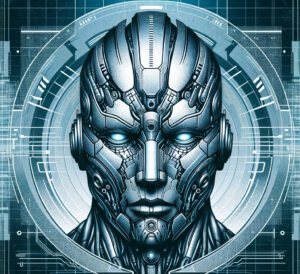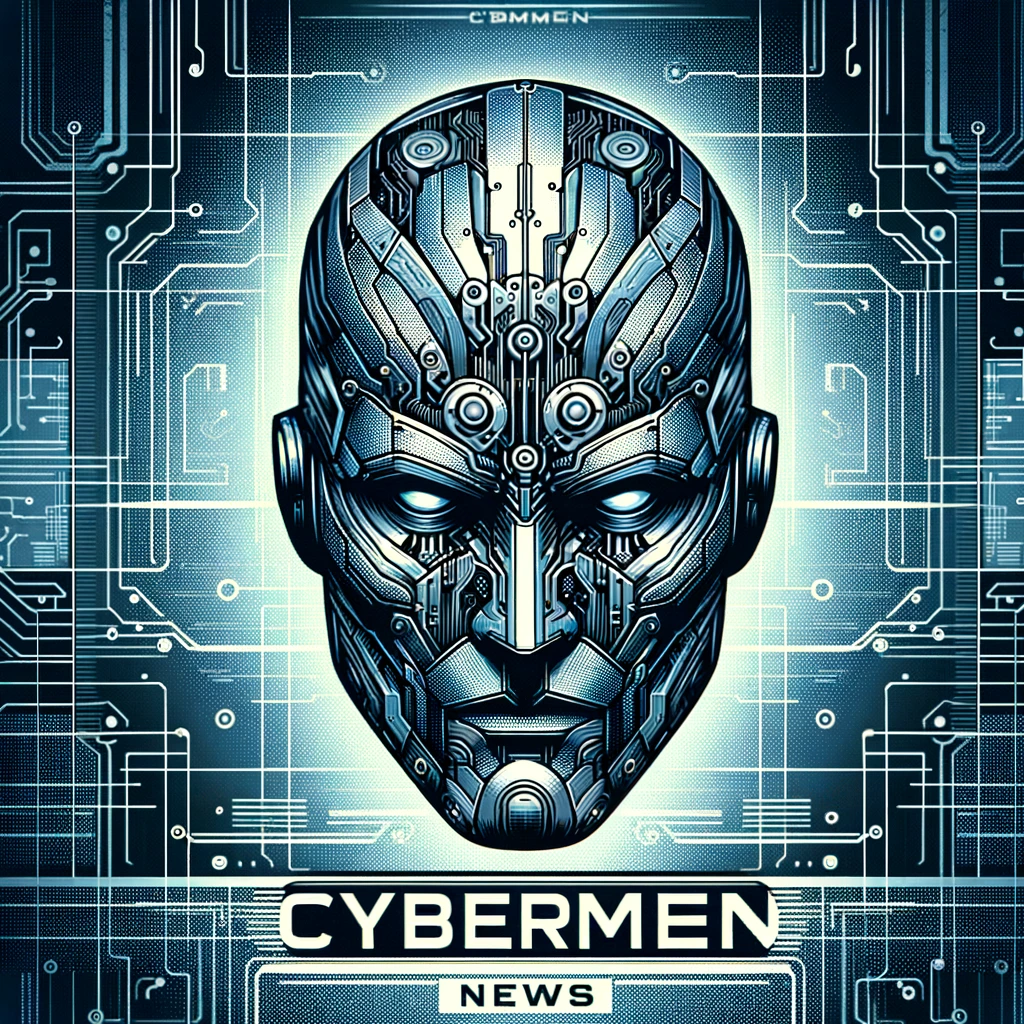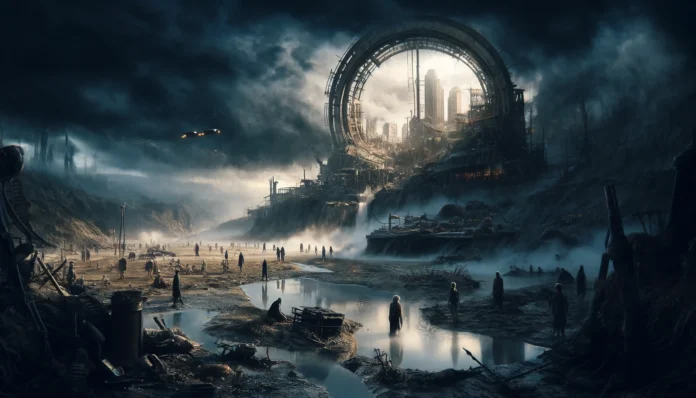H.G. Wells’s The Time Machine not only pioneered the genre of science fiction but also presented a prescient vision of humanity’s potential trajectory toward a dystopian divide. Through the Time Traveller’s expedition into the future, Wells unfolds a narrative rich in philosophical inquiry and ethical reflection on the course of human evolution and societal development.
A Dichotomous Evolution
The novel introduces readers to the Eloi and Morlocks, emblematic of humanity’s bifurcation into two distinct evolutionary paths. The Eloi, embodying a life of superficial tranquility and indolence, contrast starkly with the Morlocks, who, relegated to a subterranean existence, epitomize the physical robustness born of ceaseless toil. This dichotomy serves as a chilling allegory for the extremes of societal stratification, where leisure and labor are so distinctly segregated that they give rise to entirely new species.
The Catalysts of Dystopian Future
Several interwoven factors contribute to the novel’s depicted dystopian reality. The chasm between the affluent and the laboring classes expands to an irrevocable split, highlighting the dangers of unchecked social inequality. The advent of technology and its role in shaping human capabilities emerge as double-edged swords; while offering liberation from manual labor, they also precipitate a decline in physical and intellectual vigor, especially among the Eloi.
The Consequences of Technological Overreliance
The Eloi’s dependency on technology for their subsistence illustrates a future where human ingenuity is supplanted by automation. This reliance not only diminishes the need for critical thinking and problem-solving but also stunts humanity’s adaptive and innovative capacities. The novel posits that without the impetus to overcome challenges, human progress stagnates, leading to a society that, while utopian in appearance, is fundamentally dystopian in essence.
A Reflection on Societal Progress
The Time Machine extends beyond a mere cautionary tale to prompt a reflection on the trajectory of societal progress. It questions the sustainability of a civilization that prioritizes comfort over growth, leisure over labor, and division over unity. The Time Traveller’s observations serve as a mirror, reflecting the potential pitfalls of societal advancement devoid of ethical and philosophical grounding.
Striving for a Balanced Future
Wells’s narrative compels us to consider the balance necessary for a thriving future — one that harmonizes technological advancements with humanistic values. It underscores the need for societal structures that foster both intellectual and physical development, advocating for a future where humanity is not merely surviving but flourishing.
Charting a Course Toward Evolution, Not Regression
As we navigate our present and future, The Time Machine stands as a testament to the enduring relevance of Wells’s insights. It beckons us to chart a course that avoids the dystopian pitfalls of division and complacency, steering instead toward a horizon marked by unity, challenge, and holistic evolution.
In engaging with the dystopian vision laid out by H.G. Wells, we are invited to contemplate the paths before us, recognizing the value of struggle, the importance of balance, and the profound impact of our societal choices. By envisioning a future informed by the lessons of The Time Machine, we can aspire to a destiny where humanity reaches its fullest potential, transcending the confines of dystopia to realize a truly progressive and enlightened state of being.


